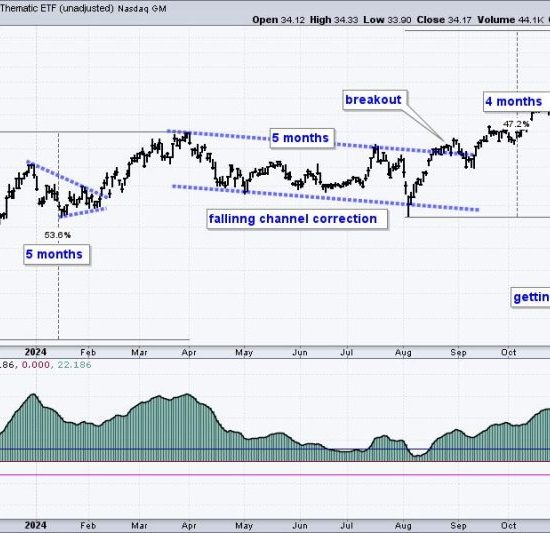Emerging from the ashes of the 2020 global financial crisis triggered by the COVID-19 pandemic, the stock markets across the globe have entered the bull territory, with investor sentiment turning hopeful. However, looming geopolitical tensions such as the ongoing Russo-Ukraine crisis, the ever-intensifying US-China trade war, North Korea’s nuclear ambitions, and regional conflicts in the Middle East may potentially alter the market’s upward trajectory. This article will dissect these pivotal geopolitical events and their potential impacts on the global stock markets’ current bullish passage.
To begin, we look at the Russo-Ukraine crisis which has raised eyebrows in the global political arena. The escalating conflict between Russia and Ukraine has been a cause for concern among investors. In an interconnected global economy where trade relations are tightly woven, a spark in one area can undoubtedly cause a fire in another. If Russia, a significant energy exporter, is drawn into prolonged military conflict with Ukraine, it could disrupt energy supplies and increase prices worldwide – hitting markets that are currently enjoying a bull run. Moreover, potential sanctions against Russia could further rattle the global stock markets and compromise their bullish phase.
Secondly, the US-China trade war, initiated in 2018, looms over the global economic landscape and holds the potential to reverse the direction of the bullish market. Despite temporary truces, the fundamental issues related to trade imbalances, technology transfer, and intellectual property rights remain unresolved. An escalation in this economic tug-of-war could trigger stock market volatility, primarily threatening the tech stocks on Wall Street, given the interdependence of the US and Chinese tech sectors. Thus, any negative development in the US-China trade scenario can notably impact the global stock markets’ bullish momentum.
Similarly, North Korea’s nuclear ambitions pose a significant geopolitical risk that could impact the trajectory of the bull market. With unpredictable moves and sporadic threats, an escalation in nuclear tensions could jolt investor confidence. The ripple effects may cloud over the positive sentiment in the Asian markets, particularly South Korea and Japan, and potentially send reverberations around the global markets, reverting its bullish phase to a bear phase.
Lastly, the ongoing geopolitical tensions in the Middle East cannot be overlooked. A hotspot for political conflict, the region is a key player in the worldwide oil market. Tensions or conflicts in this region can severely impact oil prices, sending shockwaves across global markets, disturbing investor sentiment, and ultimately impacting the bullish market course.
In sum, and despite the current regain of a bullish edge in global stock markets, geopolitical tensions as mentioned above have the potential to shift its direction. Primely, the escalating Russo-Ukraine crisis, the prevalent US-China trade war, unpredictable North Korea’s nuclear ambitions, and the persisting instability in the Middle East are events of significant concern for investors. These geopolitical undercurrents often bring a wave of volatility and uncertainty that can severely impact markets, and their unpredictability only adds to their potential to dampen the prevailing bullish market sentiment. While unpredictable, investors need to stay vigilant, informed, and diversified while navigating their way through these geopolitical minefields, ready to sidestep the landmines and seize the opportunities that they present along the way.




